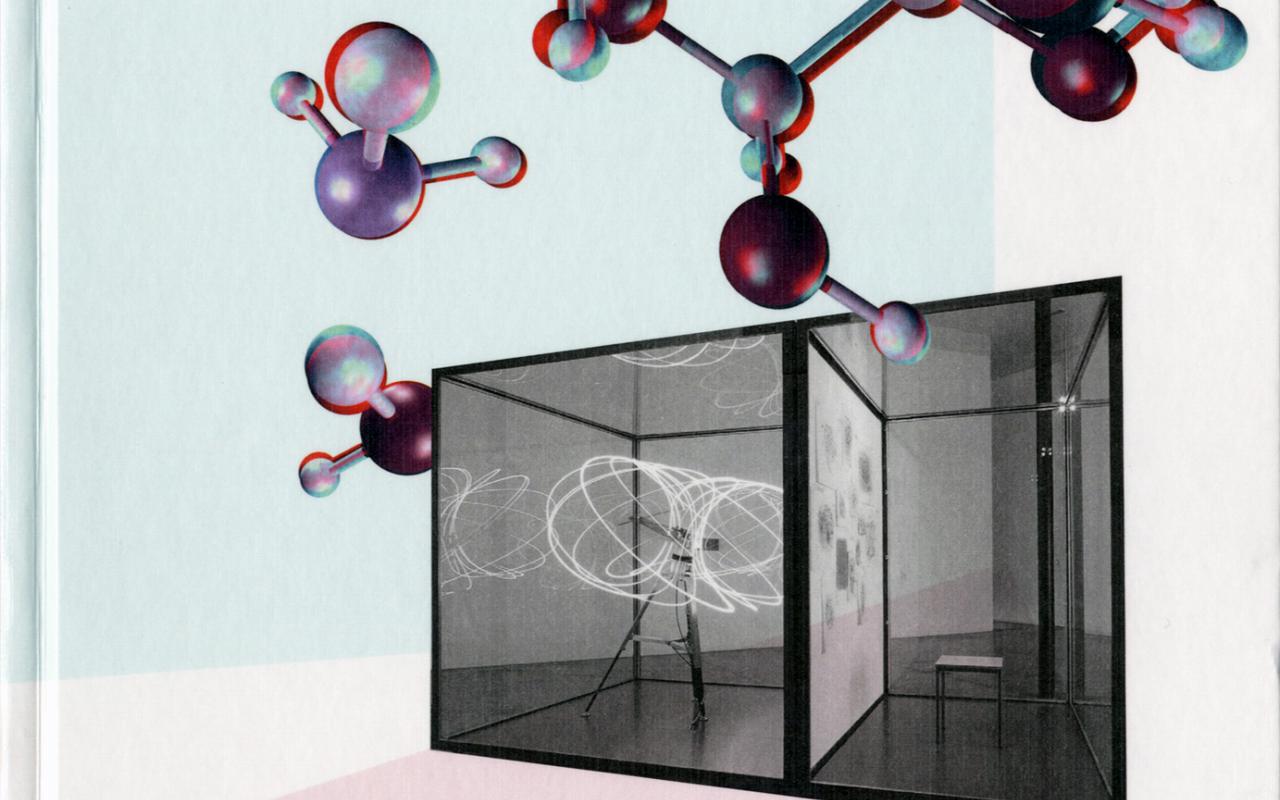Eckart Altenmüller: Is Music the Universal LANGUAGE of Emotions?
The Neurobiology and Psychology of Aesthetic feelings
- Duration
- 52:37
- Category
- Lecture/Talk
- Date
- 22.11.2012
- Description
Although music is generally acknowledged as a powerful tool for eliciting emotions, little is known concerning the neurobiological basis of these emotions. We investigated the psychological and neurobiological basis of strong emotional responses to music (SEM), leading to shivers down the spine (chills) and changes in heart rate. From previous studies it is known that these SEMs are accompanied by the activation of a brain network that includes areas involved in reward, emotion, and motivation. In order to observe distinct acoustical and music structural elements related to chill reactions, in a series of experiments, on-line emotional self report and psychophysiological data was obtained while participants were listening to music inducing strong emotions and aesthetic feelings. Despite of highly individual emotional reactions towards music, some interindividually constant characteristics of music eliciting chill responses can be found. Chills were much more frequent in previously known music and in familiar music stiles. Furthermore, distinct musical events frequently caused strong emotional responses, especially when violating expectancies. These results demonstrate that strong emotional responses are not only related to the psychoacoustic properties of the respective pieces of music, but furthermore to biographical memories, personality traits and social environments.
Prof. Dr. med. Eckart Altenmüller is a full university professor and medical doctor, and has an active clinical and academic research career. He holds a Masters degree in Classical flute, and a M.D. and Ph.D. degree in Neurology and Neurophysiology.
Between 1983 and 1985, he held a postdoctoral position in the department of Clinical Neurophysiology in Freiburg. In this position, he performed research into brain activation during auditory processing of music and learning of fine motor skills, an area in which he has published extensively.
He received his clinical training in Neurology at the Department of Neurology at the University of Tübingen between 1985 and 1992, and was appointed Assistant Professor in Neurology in 1992.
Since 1994 he is Chair and Director of the Institute of Music Physiology and Musicians’ Medicine at the University of Music Drama and Media in Hannover. He continues research into movement disorders in musicians as well as motor, auditory and sensory learning. He has published more than 120 peer reviewed
papers on this topic and received 18 grants from the German Research Foundation (DFG). Since 2005 he is a member of the Göttingen Academy of Sciences.
